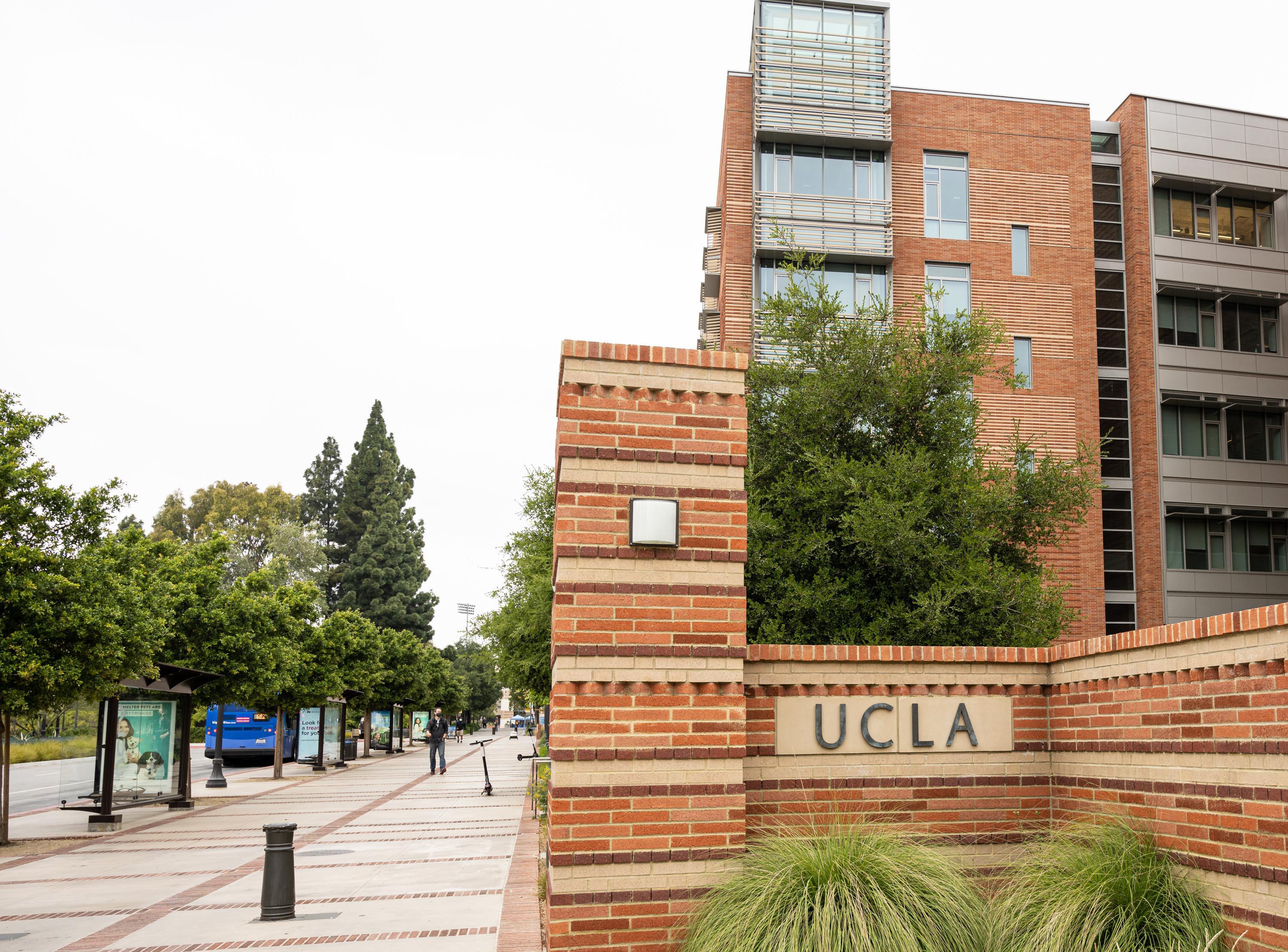
3 minute read
Clothesline returns Event spreads awarness on abuses
BY MADISON CREEKBAUM
Pierce College’s Associated Student Organization (ASO) launched its annual Clothesline Project on Wednesday, April 28th, to spread awareness and help for those who have been victimized by domestic abuse.
Advertisement
ASO member Rosmelle Melgar shared the meaning and significance of the Clothesline Project.
“This project is a call to action, it provides evidence that incest, and domestic sexual violence exists in our communities,” Melgar said. “It serves as a visual reminder of statistics that we often ignore, and gives a voice to those who have been forcibly silenced. So hopefully it encourages other people to take action.”
The Clothesline Project was brought to Pierce College by Holly Hagan who was a part of Pierce’s Campus Violence Response Team.
“I thought that this project would be a great opportunity for people to use their voice anonymously and give them a safe place to express their feelings because people have a hard time talking about these issues,” Hagan said. “I am a survivor of both sexual assault and domestic violence. I can speak out publicly but I knew there were other people who just couldn’t do it.”
During the event, ASO members shared self-care tips to practice that could help when students are coping through challenging times.
Melgar said creating a routine, respecting one’s space, practicing meditation, journaling, and setting boundaries are examples of self-care. These practices curate a positive mindset and it allows people to become more in touch with themselves as well as their feelings.
ASO member Ruanne Catapang also highlighted the benefits of having strong relationships with friends and family.
“Cultivating healthy relationships in the circle of influence is important because it allows us to communicate our needs and desires clearly, and it also helps us so others don’t take advantage of us,” Catapang said.
Catapang explained having meaningful connections with friends and family are important when students might be encountering traumatic events so they have a support system to get them through grave misfortunes.
Normally this event was held on campus, and students would be able to draw symbols and messages that represent the trauma they have survived.
Student Health Director Beth Benne described the impact the Clothesline Project had in person.
“There’s nothing more moving than seeing the non-virtual, real-life shirts, fluttering in the wind throughout Rocky Mountain Park and up and down the mall. This can be very painful and very very sensitive,” Benne said.
Hagan shared one of the tragic stories of a student that was discovered at Pierce because of the Clothesline Project.
“In the early stages of the Clothesline Project, there was a student who wrote about being molested at four years old. She had never told anybody in her life. It was the shirt that allowed her to have that freedom to speak out about what happened to her,” Hagan said. “When you don’t have an avenue to express that, it eats you, and it’s so sad that this happens, but it does. I like that story because it solidified the fact that this project was really helping people,” Hagan said said that she is confident in the school’s process.
This year students were able to find t-shirts online and create designs of their own to share their experiences with abuse or causes they stand for and honor. These shirts were observed in silence through a slideshow.
Student Engagement Coordinator & Counselor Lara Conrady planned to have another Clothesline Project event, whether it is virtual or on-campus, next fall.
“I really believe that we have the formula down to get transfer students from Pierce accepted into UCLA,” Salter said. “The formula is that students need to start planning early and really prepare for the transfer application process, and that’s why we have the UCLA day webinar.”
Currently, Pierce students in the Honors program have an 87% acceptance rate into UCLA and non-honors transfer students have a 42% acceptance rate.
“The PTC (Pierce College Transfer Center) has a lot of the answers to the questions students are asking in this webinar,” Salter said. “But it is more helpful for the university admissions representatives to answer those students’ questions. That way, if there are any follow up questions, they now have a contact at UCLA.”
Ernesto Esqueda, an admissions representative at UCLA and a speaker at the webinar, told potential UCLA transfer students that they don’t need to transfer in two years.
“This is your personal journey, and you need to focus on that,” Esqueda said. “Rushing through will only increase the chance of missing something or not doing your best in a class you could’ve.”
Sunday Salter agrees with Esqueda when it comes to going at the pace that is best for each student.
“There is a common theme of regret that some transfer students have,” Salter said. “They wish they would have been more involved, found out more about what’s going on around them and taken advantage of what was available to them at community college.” mloizzo.roundupnews@gmail.com







